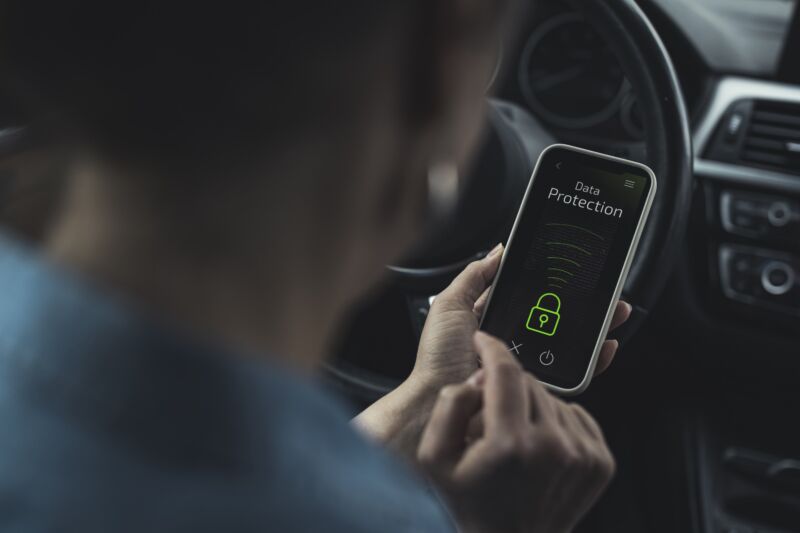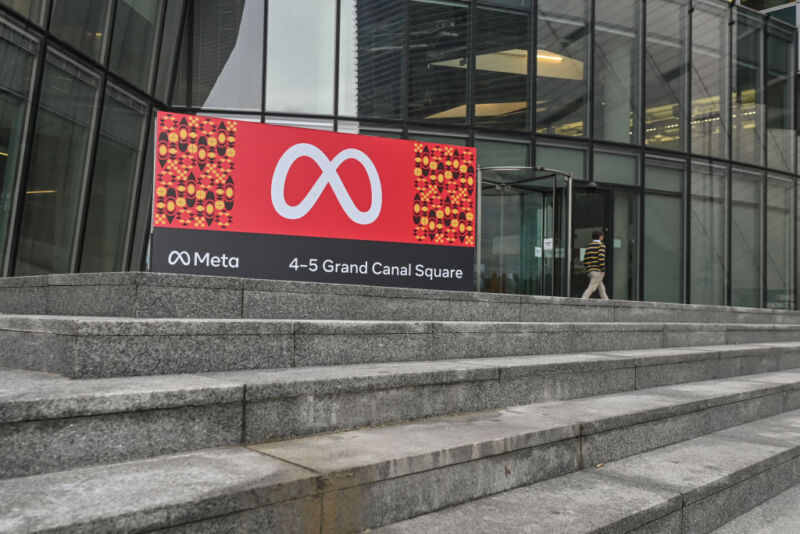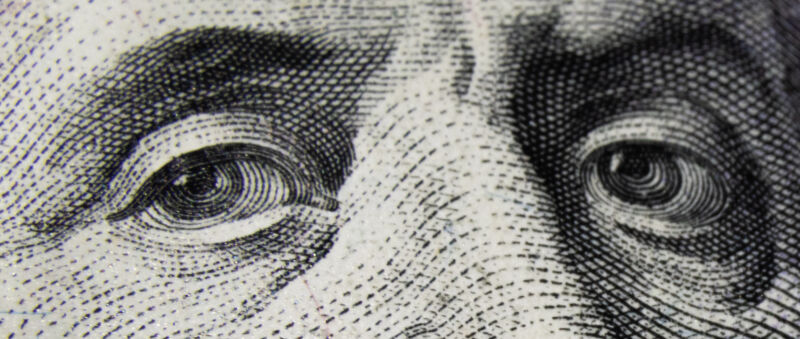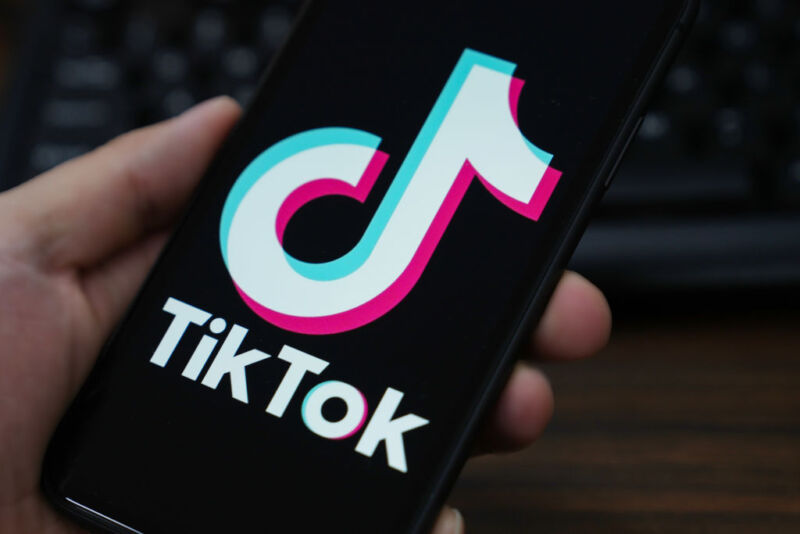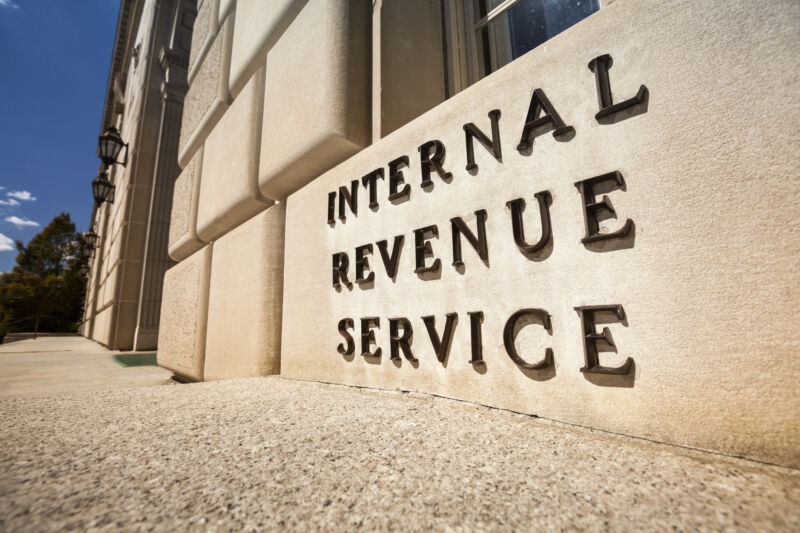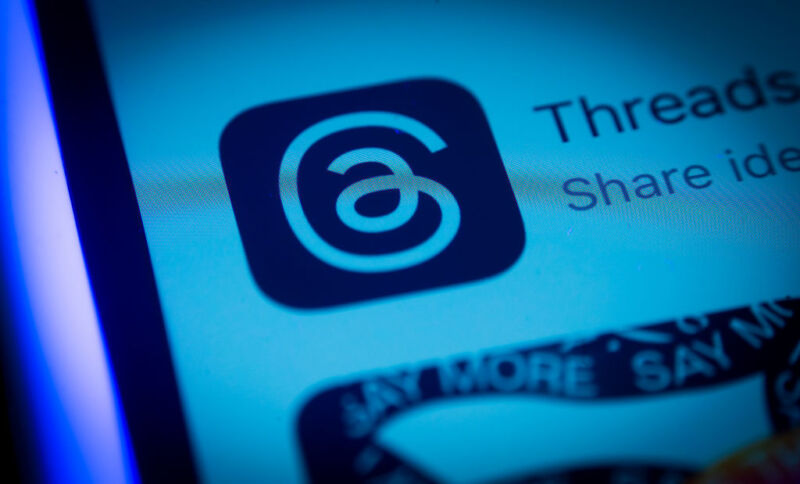-
 chevron_right
chevron_right
Google agrees to delete Incognito data despite prior claim that’s “impossible”
news.movim.eu / ArsTechnica · Monday, 1 April - 19:11
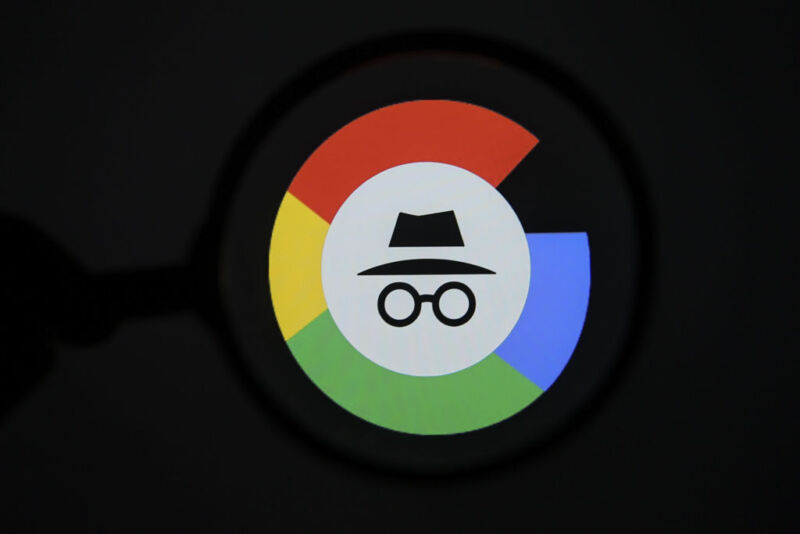
Enlarge (credit: Anadolu / Contributor | Anadolu )
To settle a class-action dispute over Chrome's "Incognito" mode , Google has agreed to delete billions of data records reflecting users' private browsing activities.
In a statement provided to Ars, users' lawyer, David Boies, described the settlement as "a historic step in requiring honesty and accountability from dominant technology companies." Based on Google's insights, users' lawyers valued the settlement between $4.75 billion and $7.8 billion, the Monday court filing said.
Under the settlement, Google agreed to delete class-action members' private browsing data collected in the past, as well as to "maintain a change to Incognito mode that enables Incognito users to block third-party cookies by default." This, plaintiffs' lawyers noted, "ensures additional privacy for Incognito users going forward, while limiting the amount of data Google collects from them" over the next five years. Plaintiffs' lawyers said that this means that "Google will collect less data from users’ private browsing sessions" and "Google will make less money from the data."


